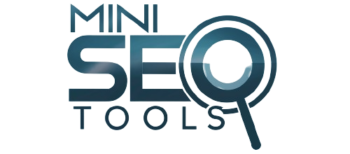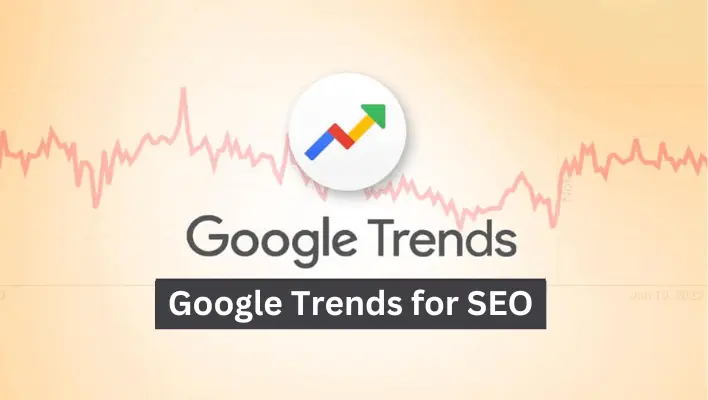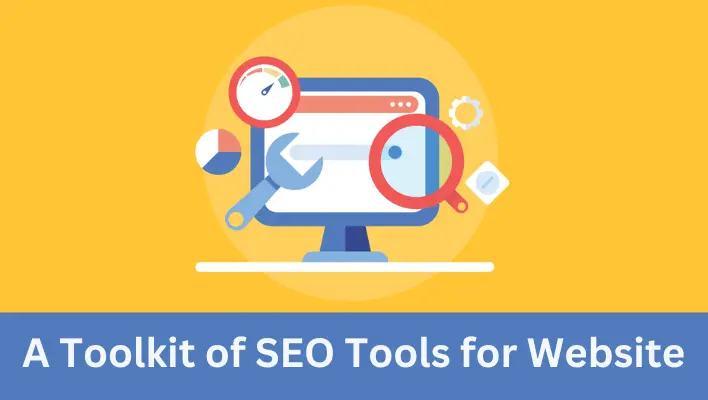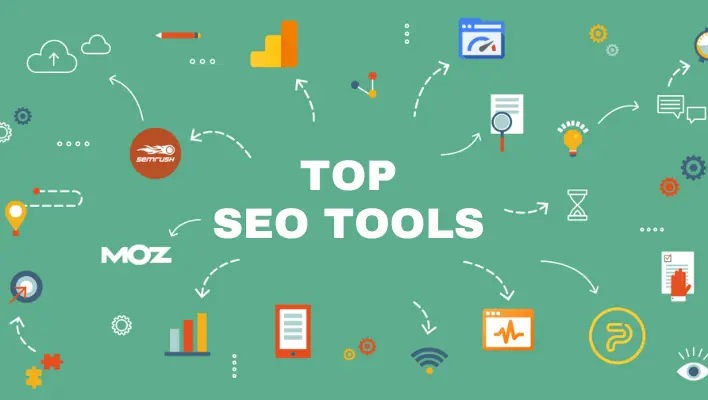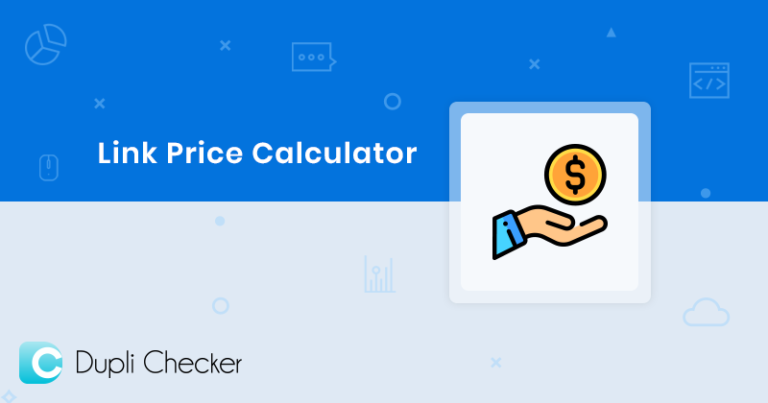What is SEO? A Complete Guide to Search Engine Optimization
In today’s digital-first world, SEO (Search Engine Optimization) plays a crucial role in determining whether your website succeeds or stays buried beneath the competition. SEO involves a series of strategies and practices designed to improve your website’s visibility on search engines like Google, ultimately driving organic traffic and enhancing your search engine ranking.
Contents
Why is SEO Important?
When someone types a query into Google, they rarely go past the first page of results. SEO ensures your content ranks higher, making it more likely for potential customers to find your site. Unlike paid advertising, SEO focuses on gaining traffic naturally — this is referred to as organic search traffic.
Key Components of SEO
1. Keyword Research and Optimization
At the core of SEO is effective keyword optimization. This involves identifying what your audience is searching for and integrating those terms naturally into your content. Tools like those found on Mini SEO Tools offer free and easy-to-use keyword position checkers, density analyzers, and long-tail keyword generators to enhance your keyword strategy.
2. On-Page SEO
On-page SEO refers to all the elements you can control directly on your website, including:
- Title tags and meta descriptions
- Header tags (H1, H2, etc.)
- Image alt text
- Internal linking
- Content quality and relevancy
Mini SEO Tools provides multiple utilities such as a meta tag analyzer, page speed checker, and plagiarism checker to help you optimize your content efficiently.
3. Technical SEO
Technical SEO focuses on improving the infrastructure of your website so that search engines can crawl and index it easily. This includes:
- Mobile-friendliness
- XML sitemap creation
- SSL certification
- Page speed and core web vitals
Using tools like the Website Speed Test and Mobile Friendly Test from Mini SEO Tools can give you insights into how your technical SEO is performing.
4. Backlinks and Off-Page SEO
Backlinks, or inbound links from other websites, remain a strong ranking factor. Off-page SEO strategies like guest posting, influencer marketing, and social sharing help boost your site’s credibility and domain authority.
You can analyze your backlink profile and discover link-building opportunities with tools like the Backlink Checker on Mini SEO Tools.
How Mini SEO Tools Can Help
Mini SEO Tools offers a wide range of free utilities designed for digital marketers, webmasters, and content creators. Some standout features include:
- Keyword Position Checker
- Plagiarism Checker
- Backlink Maker
- Article Rewriter
- Domain Authority Checker
- Broken Link Checker
These tools are not only user-friendly but also essential for maintaining and improving your SEO strategy.
LSI Keywords and Semantic SEO
LSI (Latent Semantic Indexing) keywords are terms and phrases related to your main keyword. They help search engines understand the context and relevance of your content. For example, if your main keyword is “SEO”, LSI keywords might include:
- Search engine ranking
- Organic traffic
- Keyword research
- On-page optimization
- Link building
- Technical SEO
Integrating these naturally within your content improves topical relevance and can enhance your ranking potential.
Conclusion
Whether you’re a seasoned digital marketer or just starting out, understanding and implementing SEO is non-negotiable in today’s online landscape. Platforms like Mini SEO Tools make it easier than ever to manage every aspect of your SEO workflow — from keyword research and content optimization to technical audits and backlink analysis.
Start optimizing your site today and climb the search engine ladder with smarter, data-driven decisions.
